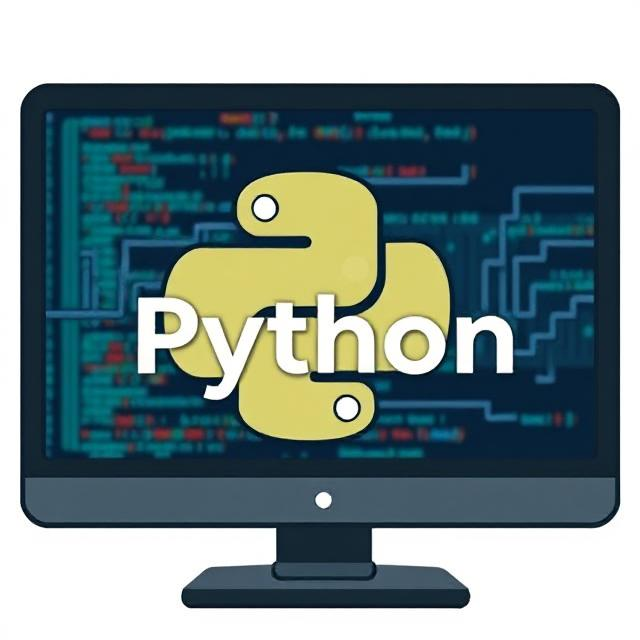Master’s program in Python Programming typically covers Python fundamentals, data structures, algorithms, object-oriented programming, web development, data analysis, and machine learning, with potential specialization tracks like data science or software engineering.
Here’s a breakdown of common topics:
Core Python Programming:
- Fundamentals: Syntax, data types, variables, operators, control flow (if/else, loops), functions, modules, and packages.
- Data Structures: Lists, tuples, dictionaries, sets, and their efficient usage.
- Object-Oriented Programming (OOP): Classes, objects, inheritance, polymorphism, and encapsulation.
- File Handling: Reading, writing, and manipulating files.
- Error Handling: Exception handling and debugging techniques.
- Regular Expressions: Pattern matching and manipulation of strings.
Advanced Python Topics and Specializations:
- Web Development: Frameworks like Flask and Django, building web applications, handling HTTP requests, and databases.
- Data Analysis and Science: Libraries like NumPy, Pandas, and Matplotlib for data manipulation, analysis, and visualization.
- Machine Learning: Algorithms, model building, and deployment using libraries like Scikit-learn and TensorFlow.
- Database Management: Working with relational and non-relational databases, ORMs, and data validation.
- GUI Programming: Creating graphical user interfaces using libraries like Tkinter.
- Concurrency and Parallelism: Multithreading, multiprocessing, and asynchronous programming.
- Testing and Debugging: Unit testing, integration testing, and debugging tools.
- Version Control: Using Git for code management and collaboration.
- Software Engineering Principles: Design patterns, code organization, and best practices.
Potential Specialization Tracks:
- Data Science: Focus on data analysis, machine learning, and statistical modeling.
- Software Engineering: Focus on building web applications, APIs, and software systems.
- Cybersecurity: Focus on Python for penetration testing, vulnerability analysis, and security automation.
- Automation and Scripting: Focus on automating tasks and building scripts for various purposes.

